What to eat after workout at night? Post-workout nutrition always plays a vital role in maximizing exercise benefits and aiding the body’s recovery process. Selection of the right food helps in muscle recovery during sleep, optimal digestion and absorption followed by easy-to-digest food intake and their bioavailability.
Why does what to eat after workout at night exactly matter?
Right after a workout routine, resistance/strength training muscles experience microscopic damage. Consuming protein-rich foods helps initiate muscle protein synthesis, and ultimately muscle fiber repairs and grows stronger.
Essential amino acids from protein sources help repair muscle tissues. if adequate post-workout nutrition is not consumed, the recovery process can be delayed, affecting overall workout progress.
During workouts, the body depletes its glycogen stores, which are the primary energy stores for muscle. Consuming carbohydrates as post-workout nutrition helps replenish glycogen in the body and ensures the availability of energy for future workouts. Adequate carbohydrate intake after exercise prevents prolonged fatigue, ensuring that individuals feel energized throughout the day.
Moreover, Post-workout nutrition enhances muscle growth and strength, reduces muscle soreness and inflammation, supports immune function, and optimizes hydration and electrolyte balance.
How night workout differ from a day workout?
We will see the difference concerning the metabolic rate during both times of the day. The metabolic rate depends on various factors including age, gender, physical activity, food intake, etc.
Metabolic rate during daytime
- Energy Expenditure
During the day the metabolic rate is high as the person is in an active state due to increased energy expenditure followed by mental processing, physical activity, and overall movements.
- Utilization of Nutrients
When food is consumed in the daytime, the metabolic rate increases to digest, absorb, and process the nutrients in food. This will lead to an increase in energy expenditure also referred to as the thermic effect of food.
- Circadian Rhythms
The body’s circadian rhythms affect metabolic rate fluctuations throughout the day. Hormonal fluctuations, such as an increase in cortisol level in the morning promote metabolic activity to support wakefulness and activity during the day.
- Availability of Energy
During daytime metabolic rate encourages energy availability for physical activity, brain functioning, and daily tasks. The body’s top priority at that time is to provide energy to immediate needs like communication, walking, reflecting high metabolic demand in active/waking hours.
Metabolic rate during nighttime
- Energy Expenditure
At night, energy expenditure reduces as physical activity is decreased. Energy expenditure demands are associated with rest, recovery, and sleep.
- Restorative phase
At night, metabolic rate supports restorative processes like tissue repair, hormonal regulation, and muscle recovery. Energy is utilized to repair or replenish tissues and helps in recovery from daily activities and exercise.
- Hormonal secretion regulation
At night metabolic rate causes the secretion of hormones like melatonin, cortisol, and growth hormone to regulate sleep-wake cycle, growth, and repair. In this way, metabolic rate regulates hormonal secretions, physiological function, and metabolism processes that help in nighttime recovery and rest.
- Utilization and storage of nutrients
At night, the metabolic rate supports nutrient utilization, storage, and energy conservation. Showing the body transition into a restorative and recovery phase.
what to eat after workout at night? Top foods to consider
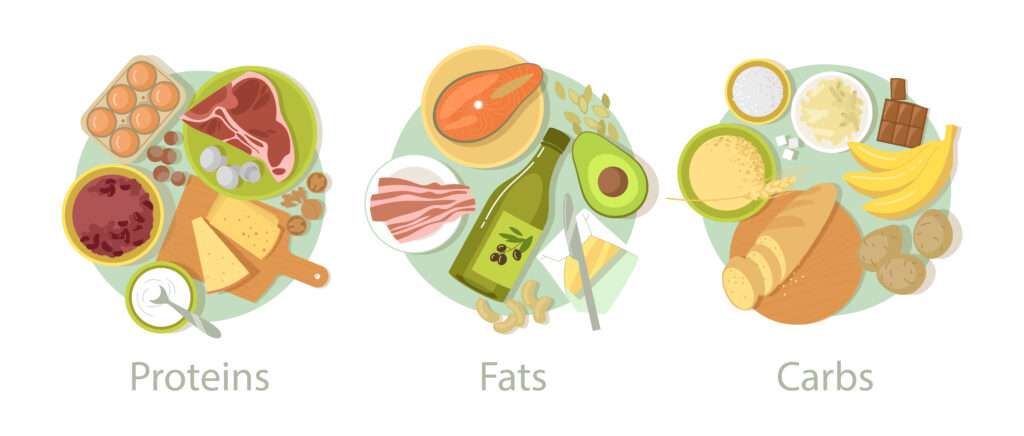
Protein sources
Protein plays a vital role in muscle repair and recovery. It’s essential to add protein to your post-workout routine. Here is the option for protein-rich foods to include in your post-workout meal at night.
Lean animal protein
- Chicken(chicken breast provides a lean protein source rich in essential amino acids).
- Turkey(Turkey breast provides a low-fat protein option that can be used in salads and wraps).
- Fish(Salmon and tuna contain omega-3 fatty acids and high-quality protein to build up muscles).
Dairy and plant-based protein
- Tofu or Tempeh( Provides essential amino acids calcium and iron for muscle repair).
- Greek yogurt(Higher protein content than normal yogurt).
- Cottage cheese(Cottage cheese is rich in casein, slow digesting protein).
Eggs and egg white
- Whole eggs(Whole egg or egg white is a complete source of protein, and essential amino acids required for muscle building and recovery).
- Egg-based dishes( you can also take egg with vegetables, like in an omelet or with a piece of bread).
Protein shakes and smoothies
- Casein protein(casein protein shakes provide slow-digesting protein for muscle repair and recovery at night).
- Smoothie ingredients( smoothie prepared with seeds, nuts, yogurt, and protein powder provides a nutrient-dense meal after a workout routine and helps build up muscles).
Legumes and pulses
- Beans and lentils(Beans and lentils like chickpeas are the best plant-based protein sources rich in nutrients antioxidants, and protein that helps in the repair and recovery process of muscles).
Complex carbohydrates
Carbohydrates play a vital role in post-workout nutrition as they help replenish the energy reserves of the body, specifically after engaging in prolonged exercise that depletes all glycogen stores in the body.
Carbohydrate intake and glycogen restoration
Having carbohydrates as your post-workout meal immediately after the session enhances glycogen replenishment, a fast recovery process, and reduces fatigue.
Complex carbohydrates are preferable post-workout because they provide sustained energy due to slower digestion and absorption causing slower release of glucose into the bloodstream.
Here is a list of some complex carbohydrates to include in your post-workout meal.
- Brown rice, quinoa, oats
- Black beans, chickpeas, lentils
- Sweet potato, butternut squash, beets
- Apples, berries, pears
- Whole grain bread, whole grain pasta,
Here is a quick quinoa fruit salad recipe for your post-workout meal.
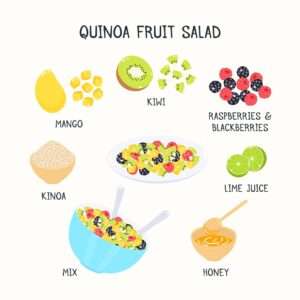
Healthy fats
Incorporating healthy fats in your post-workout meal is so important as fat-rich foods like avocados nut seeds olive oil have numerous health benefits, especially in muscle recovery and hormonal balance.
Here are some of the main functions of healthy fats;
- Cognitive functions and sleep quality
- Anti-inflammatory and antioxidant effects
- Hormonal balance and regulation
- Enhanced nutrient absorption
- Sustained energy release
- Muscle repair and recovery
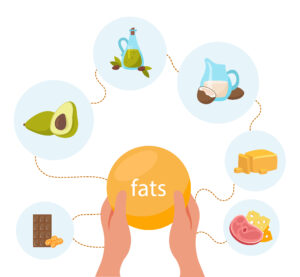
Healthy fats option for your post-workout meal
- Dark chocolate
- Nut butter
- Coconut and coconut oil
- Fatty fish
- Olive oil
- Seeds
- Nuts
- Avocados
6 Nutrient-Packed Late-Night Post-Workout Meal
Workout challenges at night
Disrupted sleep patterns
Intense workouts at night may disrupt sleep patterns especially if the individual experiences elevated heart rate or difficulty in transitioning back into a relaxed state after a vigorous exercise.
Energy levels and fatigue
After a long hectic day, some people lose all the motivation to workout at night. Because of the low energy, and fatigue of the whole day.
Potential distractions and commitments
Working out at night may coincide with family gatherings, commitments, and other social activities, which affects consistency in adhering to a regular exercise routine.
Environmental factors
Working out at night may present environmental challenges like limited access to outdoor facilities, and limited visibility, that badly affect exercise routines and enjoyment.
By Evaluating your personal preferences, lifestyle, and physiological responses individuals can choose whether they would be able to continue with a night or day workout routine with consistency.
Ending Note
Right food selection post-workout at night is crucial in maximizing muscle recovery, metabolic regulation, and nutrient absorption. By selecting appropriate nutrition individuals can increase performance, recovery, and overall health. Choose your nutrition wisely!


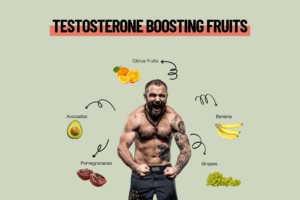

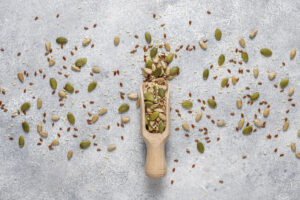
“Hello there! I recently noticed that you’ve taken the time to visit my website, and I wanted to express my gratitude by returning the favor. As I’m constantly seeking ways to improve my site, I believe it would be beneficial to incorporate some of your ideas into my design and content strategy. Your input would be greatly appreciated, and I’m open to any suggestions you may have. Thank you for your interest, and I look forward to hearing from you!”